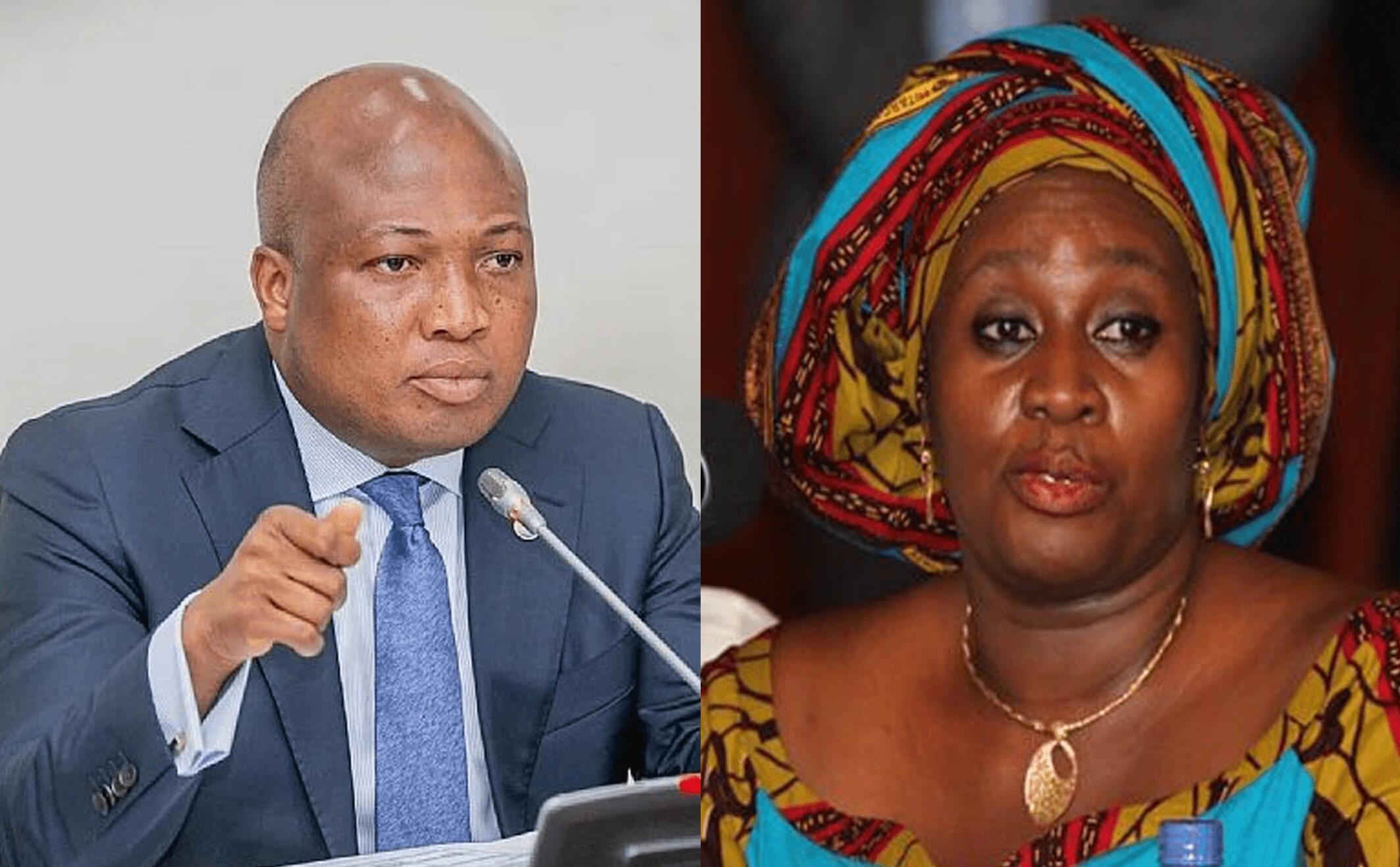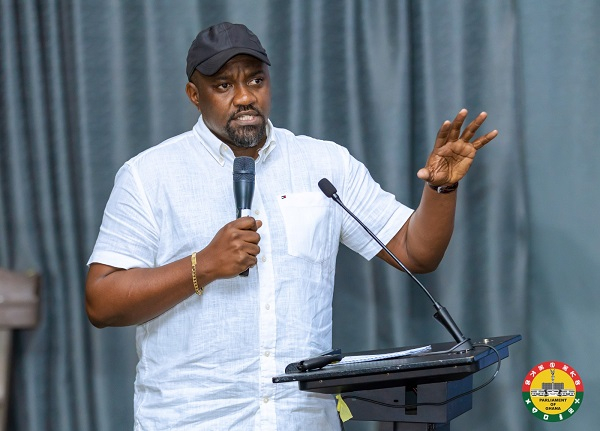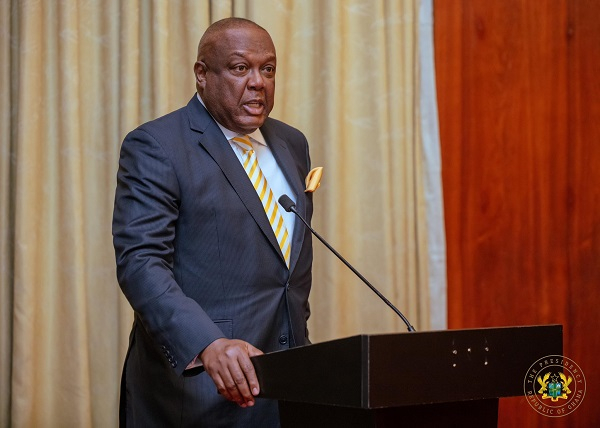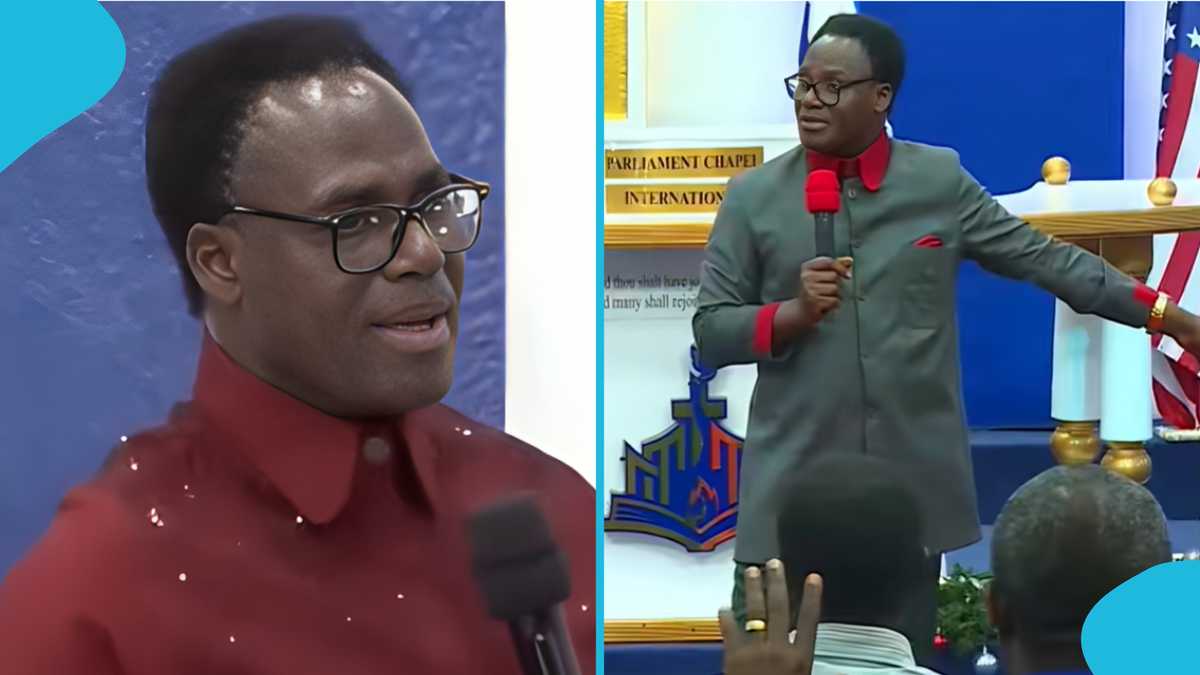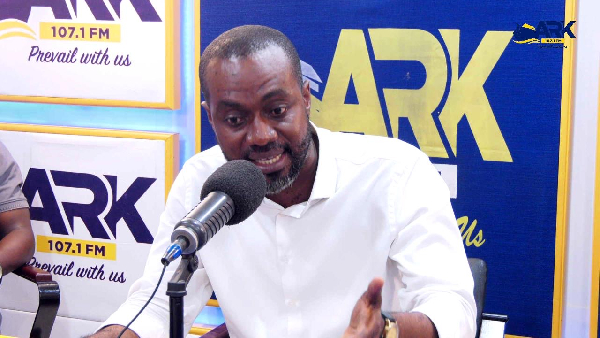Stakeholders across Ghana’s environmental, governmental, and private sectors have called for immediate reforms, stronger enforcement, and coordinated national efforts to address the country’s worsening plastic pollution crisis.
The call to action emerged during a high-level national dialogue held in Accra on July 8, 2025, as part of the Prevention of Marine Litter in the Gulf of Guinea (PROTEGO) project. Funded by the German Federal Ministry for Environment, Nature Conservation, and Nuclear Safety, the initiative is led by adelphi Research and implemented in partnership with organizations in Ghana and Nigeria, including Plastic Punch, Ghana National Cleaner Production Centre (GNCPC), and Nigeria Climate Innovation Centre.
A Shift from Dialogue to Practical Action
The focus of the event was to chart a clear national path for reducing marine litter, particularly plastic waste polluting rivers, beaches, and coastal waters. Speakers emphasized that Ghana must move beyond policy papers and workshops to on-the-ground implementation that delivers real change.
Clem Oguoji, Regional Coordinator for PROTEGO, stressed the need for collective responsibility.
“The government alone cannot fix this, nor can the private sector. What we need is a multi-stakeholder approach—government, industry, local authorities, civil society, and citizens all playing their part,” he stated.
Key Action Points from the Dialogue
-
Government Leadership: Participants urged the government to develop clear environmental policies backed by strict enforcement.
-
Private Sector Accountability: Businesses were encouraged to redesign products and packaging using recyclable and biodegradable materials.
-
Community Empowerment: Citizens need access to basic infrastructure like waste bins, reliable collection services, and education on proper disposal.
-
Consequences for Violators: Clem emphasized the importance of holding both companies and individuals accountable for environmental violations.
-
Inspiration from Rwanda and Kenya: Strict waste management laws and national direction in those countries were highlighted as success models Ghana could adopt.
Tackling Infrastructure Gaps and Recycling Challenges
Clem pointed out that a lack of basic waste infrastructure continues to discourage sustainable behavior. In many communities, no designated dumps or bins exist, and even when waste is separated, it is often collected together, undermining recycling efforts.
He also addressed the financial burden of recycling, from collection to processing, suggesting that government subsidies or tax incentives could help boost Ghana’s recycling industry and make it globally competitive.
Building a Collaborative Waste Management Strategy
Richmond Kennedy Quarcoo, Executive Director of Plastic Punch, described the event as a critical step toward practical solutions. Using adelphi’s policy prototyping approach, participants worked in groups to co-develop potential policies, rather than just identifying problems.
“This method encourages collaboration, innovation, and continuous improvement. The ideas generated here will be refined and integrated into Ghana’s national waste strategy,” Quarcoo said.
The workshop brought together stakeholders from government, industry, civil society, academia, and development partners, reaffirming the need for a cohesive national strategy to protect Ghana’s environment and marine ecosystems.
About PROTEGO
The PROTEGO Project is a three-year initiative aimed at preventing marine litter and promoting circular economy practices across the Gulf of Guinea, with activities focused in Ghana and Nigeria. It supports national efforts to build a cleaner, more sustainable future for West Africa’s coastal communities.
Source: https://thebftonline.com




